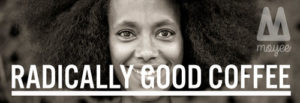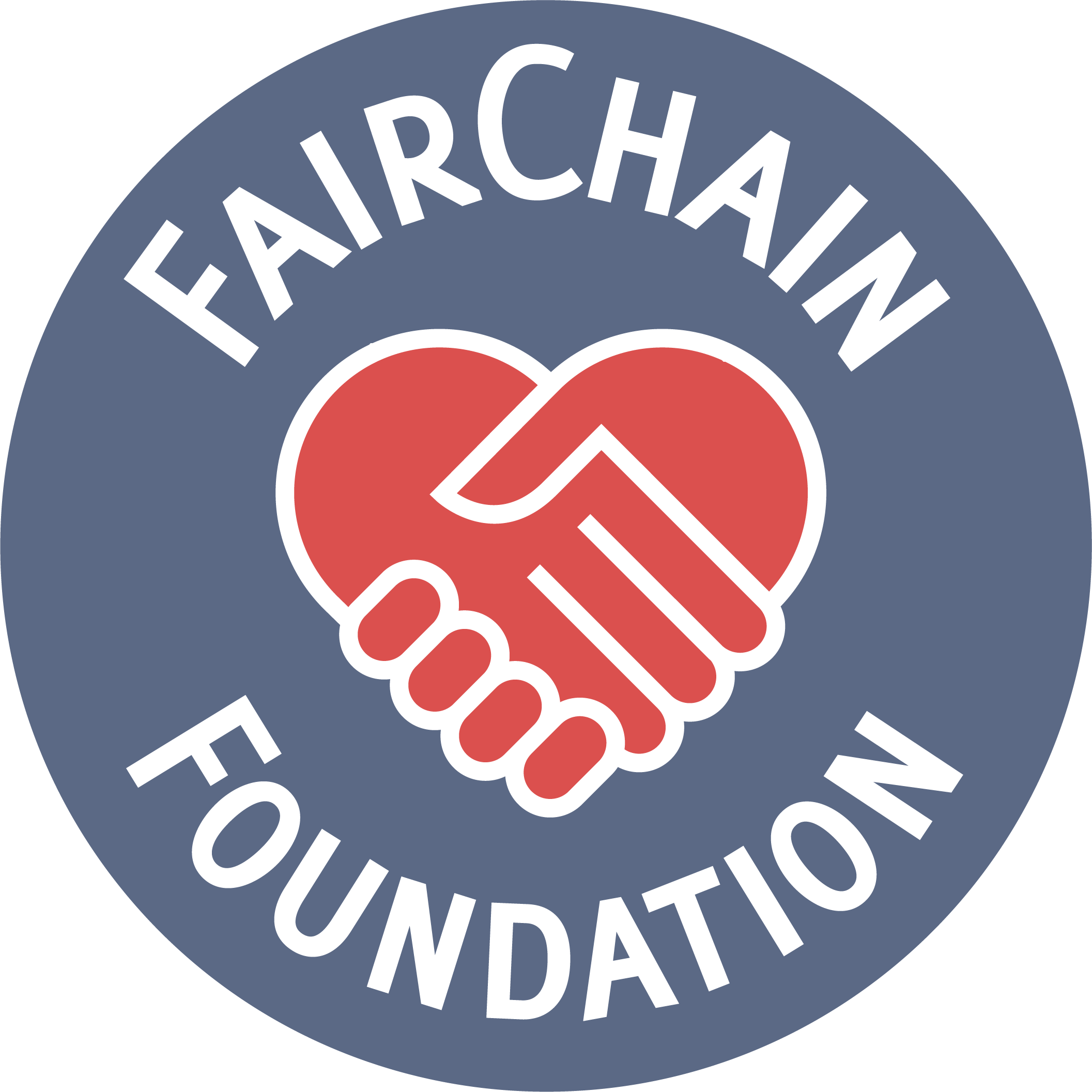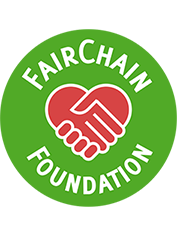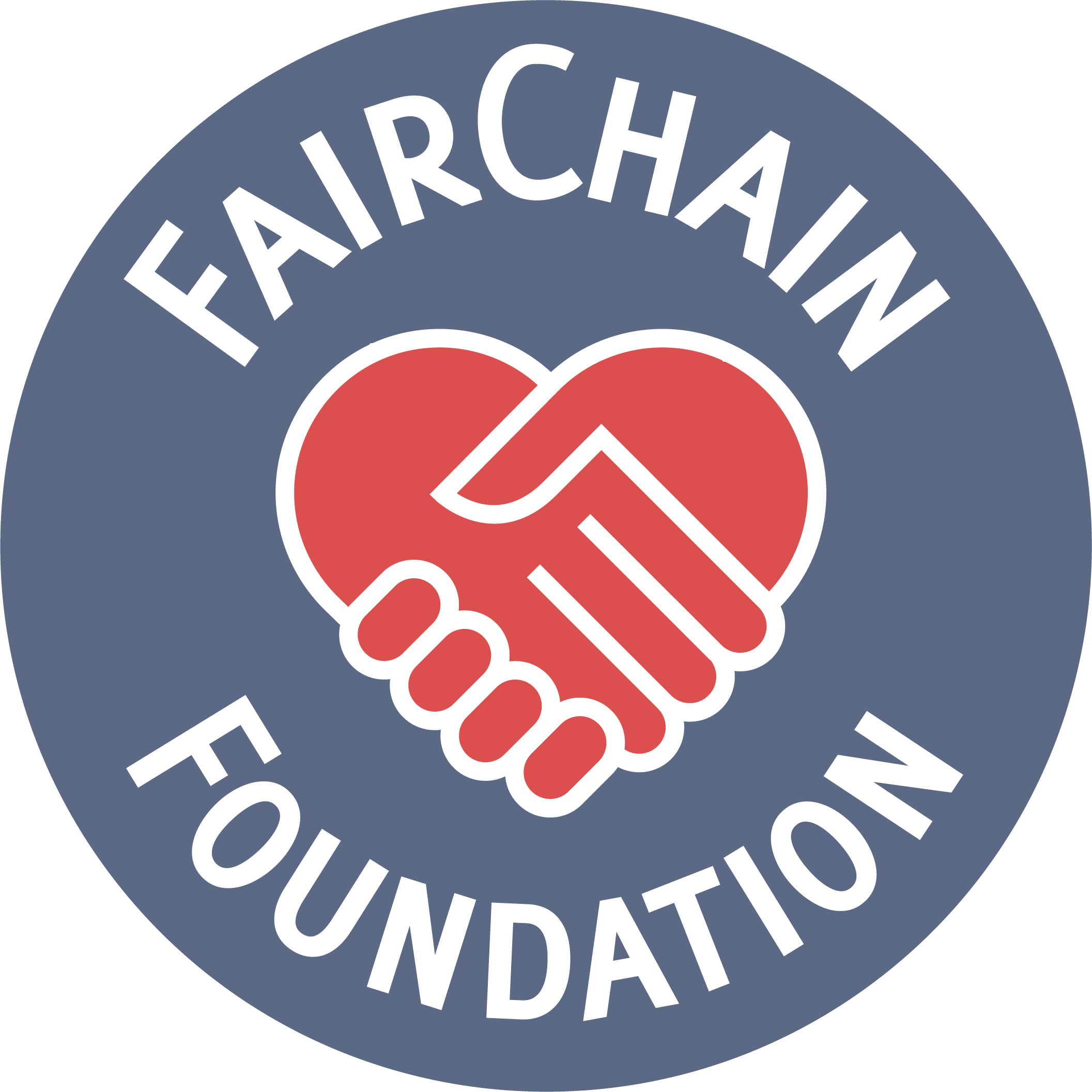 By definition,
By definition,
fair trade is an alternative form of doing business that protects smallscale producers from the oftentimes harsh and unpredictable swings of the open market by guaranteeing them a fixed price for their goods whilst then paying an additional ‘premium’ on top of that price to be invested in the community and environmental development projects. Then at the other end of the supply chain, Fairtrade International markets and promotes fairtrade products so that we’ll think twice next time we go shopping and pay a little extra for a product that’s treated the farmer fairly.
One of the most significant contributions of the fairtrade movement for us consumers, therefore, has been to close the gap between the producer and the consumer. This of course means that you can appear to be a lot smarter and more good-hearted the next time your partner compliments your new t-shirt, and you immediately chime in with a detailed narration of the farmer who worked in the fields to grow the cotton, who collected it, where it was stitched together, printed and shipped, and even what they got all paid along the way!
Well in case that little quiz might have got you thinking, how about this- there are more models out there than just fair trade. Take the direct trade system, for example. This is a setup in which the buyer and producer establish long-term relationships and collaboratively decide what will be grown, how it will be grown and the amount the farmer will be paid at the end of it, with a purchase contract signed and paid before the seeds even go into the ground. This close relationship between the farmer and the wholesale buyer puts the ‘direct’ into direct trade by offering an alternative to the anonymous stock markets where these products are otherwise bought and sold.
Another alternative trade system is the co-operative business model in which the farmers can even own part of the company and help to run it, thus sharing in the profits and decision-making processes. In a model like this, transparency between the producer and the wholesale trader is crucial because they are more than business partners -they’re colleagues in the same company!
Think that’s pretty cool? Well, wait until you check out Moyee Coffee’s take on it. These crazy hipsters have bought into the whole co-operative business model where the likes of a Dutchman named Guido, an Argentinian named Jose and an Ethiopian named Ahado who is Head of Production in Ethiopia. These three have put a twist on the entire coffee supply chain by choosing to roast their coffee in Ethiopia, meaning that more of the value in the finished product is created in the country of origin where it also stays. Read more here about how this revolutionary coffee company in the Netherlands is turning the world of coffee on its head – and winning a strong following of loyal fans along the way!




